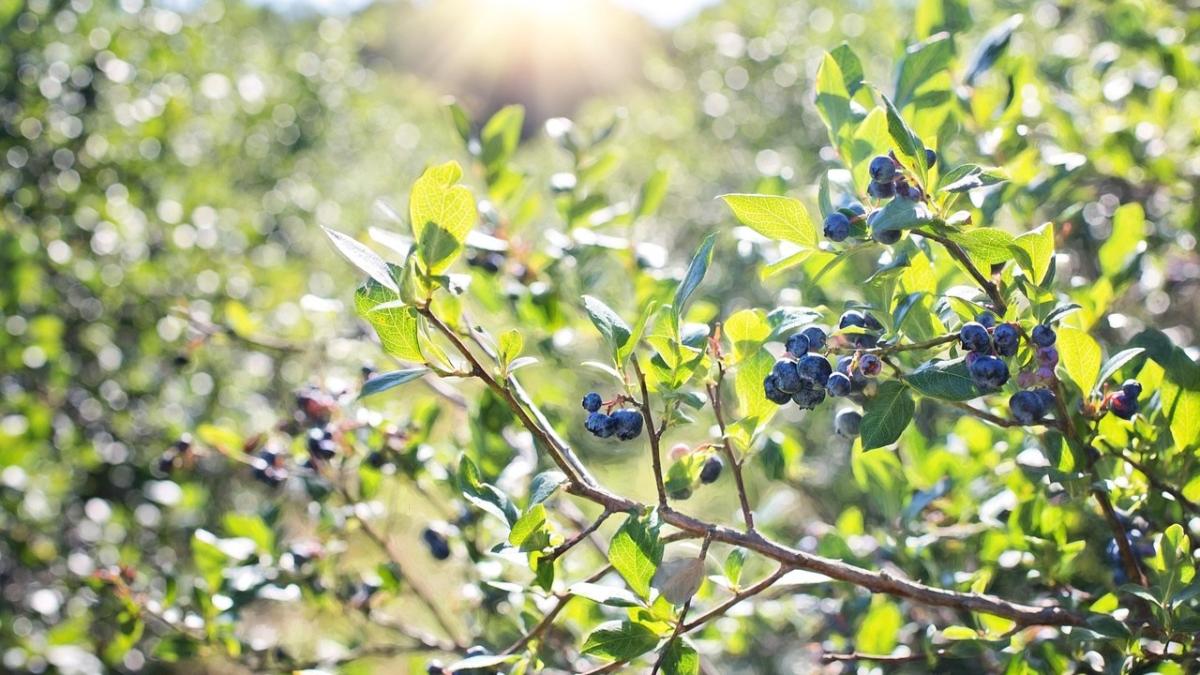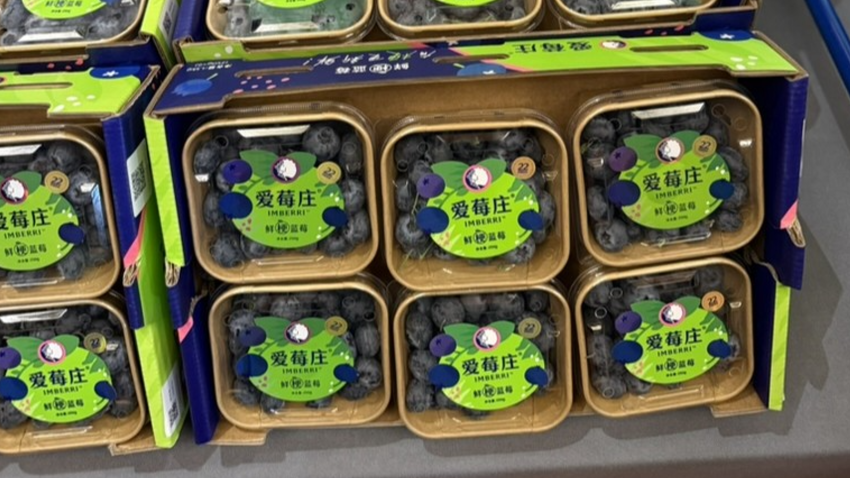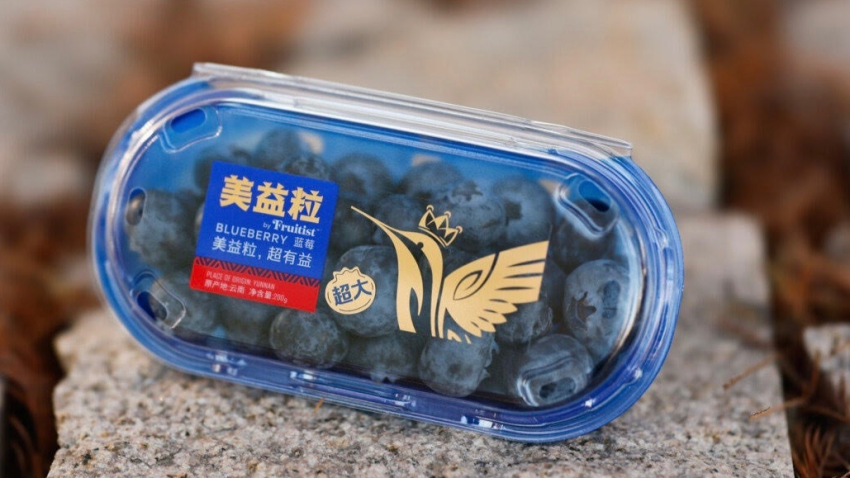You are here
Back to topChina Releases Phytosanitary Rules for Fresh Zimbabwean Blueberries

On Sept. 22, the General Administration of Customs of China published via its website the phytosanitary requirements for fresh blueberries from Zimbabwe.
In June of this year, China announced a policy granting zero tariffs for all products from the 53 African countries with which it maintains diplomatic relations. As a result, Zimbabwean blueberries will enjoy tariff-free access to the Chinese market.
Zimbabwe began cultivating blueberries on a small scale in 2008 and accomplished its first exports in 2017. The country’s blueberry season runs from April to October, with around 60% of the harvest taking place between August and October, complementing China’s domestic season. Since 2018, Zimbabwe’s blueberry exports have grown tenfold, with major markets including the European Union, the United Kingdom and the Middle East.
According to the GACC announcement, orchards, packing plants and quarantine facilities involved in exporting fresh blueberries to China must be inspected by the Ministry of Lands, Agriculture, Fisheries, Irrigation and Rural Development of Zimbabwe and registered with the GACC. Prior to each export season, the ministry is required to submit an updated list of registered orchards, packing plants and quarantine facilities to the GACC. Following review and approval, the GACC will publish the list on its website.
A total of five quarantine pests of concern have been identified by China. These include the Mediterranean fruit fly (Ceratitis capitata), mango fruit fly (Ceratitis cosyra), white wax scale (Ceroplastes destructor), long-tailed mealybug (Pseudococcus longispinus) and obscure mealybug (Pseudococcus viburni). During the packing process, blueberries destined for China must undergo procedures such as sorting, grading and the removal of damaged fruits to ensure that shipments are free from insects, mites, rotten fruits, branches, leaves, roots and soil. If storage is required after packing, the blueberries must be placed in separate facilities immediately to prevent re-infestation by pests.
Another mandatory requirement is cold treatment or fumigation to eliminate fruit flies under the supervision of the Ministry of Lands, Agriculture, Fisheries, Irrigation and Rural Development or its authorized agents. The cold treatment must follow established protocols and meet one of the following conditions: a fruit pulp core temperature of 1.11 degrees Celsius or below for at least 15 consecutive days, 1.67 degrees Celsius or below for at least 17 consecutive days, or 2.22 degrees Celsius or below for at least 21 consecutive days.
For blueberries shipped to China by air, methyl bromide fumigation must be carried out by agents authorized by the Ministry of Lands, Agriculture, Fisheries, Irrigation and Rural Development prior to shipment. The fumigation must be conducted at a temperature above 21.1 degrees Celsius with a fumigant dosage of 32 grams per cubic meter under normal pressure for no less than two hours, with the minimum concentration during the fumigation period maintained above 26 grams per cubic meter after 30 minutes and above 16 grams per cubic meter after two hours.
Image: Pixabay















Add new comment